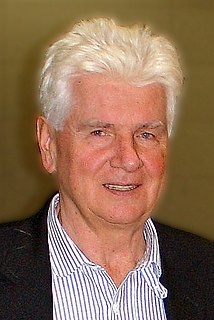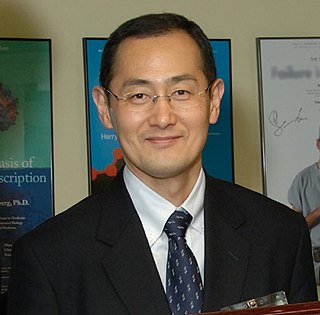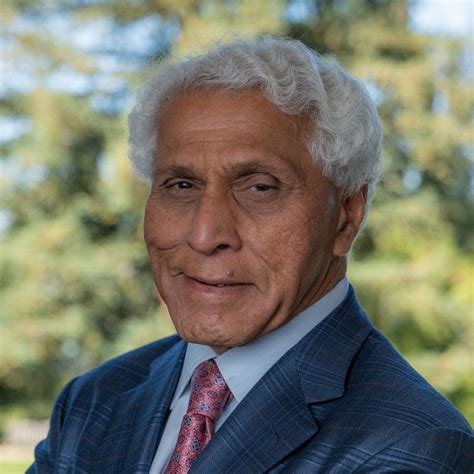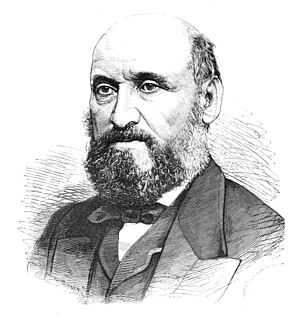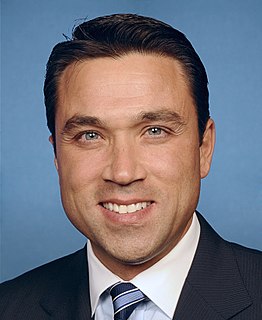Top 896 Diseases Quotes & Sayings
Explore popular Diseases quotes.
Last updated on April 22, 2025.
When women and men have approximately equal life expectancies, it seems to be because women die not only in childbirth (fewer than thought) but about equal from diseases; poor sanitation and water; inadequate healthcare; and diseases of malnutrition. In industrialized societies, early deaths are caused more by diseases triggered by stress, which breaks down the immune system. It is since stress has become the key factor that men have died so much sooner than women.
Correct is to recognize what diseases are and whence they come; which are long and which are short; which are mortal and which are not; which are in the process of changing into others; which are increasing and which are diminishing; which are major and which are minor; to treat the diseases that can be treated, but to recognize the ones that cannot be, and to know why they cannot be; by treating patients with the former, to give them the benefit of treatment as far as it is possible.
If you take the burden of health care, of diseases off the backs of some other countries, it gives them a chance to use their own very limited resources in ways that help their people. And also there's a hopelessness associated with deadly diseases, that if that can be alleviated, people can build their own economies in their own countries and they'll be less reliant on the developed world for help.
There's already a lot of active research going on using the Crispr technology to fix diseases like Duchenne muscular dystrophy or cystic fibrosis or Huntington's disease. They're all diseases that have known genetic causes, and we now have the technology that can repair those mutations to provide, we hope, patients with a normal life.
For many years there have been treatments available which are successful and usually NOT harmful for diseases, such as AIDS, cancer, cystic fibrosis, diabetes, organ regeneration and other diseases. One by one these treatments and their creators or proponents have been targeted by the FDA, which I call the "office of orthodoxy enforcement," illegally using just powers derived from the consent of governed. These forms of tyranny are always accompanied by multi agency intrusions or harassment, confiscation of private medical files, censorship of written materials and threats or prosecution.
Dissections daily convince us of our ignorance of the seats of diseases, and cause us to blush at our prescriptions. How often are we disappointed in our expectation from the most certain and powerful of our remedies, by the negligence or obstinacy of our patients! What mischief have we done under the belief of false facts and false theories! We have assisted in multiplying diseases. We have done more — we have increased their mortality.
Medicine is a science which hath been (as we have said) more professed than laboured, and yet more laboured than advanced: the labour having been, in my judgment, rather in circle than in progression. For I find much iteration, but small addition. It considereth causes of diseases, with the occasions or impulsions; the diseases themselves, with the accidents; and the cures, with the preservation.
Many diseases including malaria, dengue, meningitis - just a few examples - these are what we call climate-sensitive diseases, because such climate dimensions for rainfall, humidity and temperature would influence the epidemics, the outbreaks, either directly influencing the parasites or the mosquitoes that carry them.
We start with an economic approach. We look at what are the greatest causes of death in the developing world, and what causes the largest amount of disability, which would prevent you from getting a job. A lot of those deaths start with diseases, diseases we don't get in such a great number in the United States.
The general idea of the rich helping the poor, I think, is important. That your sense of justice says, why should rich kids - who barely get these diseases and almost never die of them - why should they get the vaccines, when poor kids, who actually do die from these diseases, don't get those things? It's an unbelievable inequity that there isn't that access.
The advantages of a uniform statistical nomenclature, however im- perfect, are so obvious, that it is surprising no attention has been paid to its enforcement in bills of mortality. Each disease has in many instances been denoted by three or four terms, and each term has been applied to as many different diseases ; vague, inconvenient names have been employed, or complications have been registered, instead of primary diseases. The nomenclature is of as much importance in this depart- ment of inquiry as weights and measures in the physical sciences, and should be settled without delay.
The quality of health care in Germany is not as good as people sometimes believe it to be. We have problems with chronic diseases. The German system allows too many hospitals and specialists to treat chronic diseases. We do not have enough volume in many institutions to deliver good quality, and we do have fairly strict separations ... between primary physicians, office specialists and hospital specialists. But I think the quality problems can be solved in the next couple of years, and we have made major progress in diabetes, coronary artery disease and pulmonary disease care.
Sexually-transmitted diseases is caused by sexual activity and promiscuity it spreads diseases. That's been known, you know, about 400 or 500 years, that somehow these diseases are spread. If fault comes with people because of their personal behavior but it isn't to be placed on a burden on other people, innocent people, why should they have to pay for the consequences?
There are many different causes of the scarring. Viruses are common. Hepatitis B, hepatitis C, what we call autoimmune diseases where the body attacks the liver itself such as primary biliary cirrhosis is an autoimmune disease; sclerosing cholangitis is an autoimmune disease; and so those diseases where the liver is being destroyed by either the virus or an autoimmune disease, it can only scar, and why it doesn't regenerate has to do with the fact that there is this ongoing scar tissue that blocks that regeneration.
'Men die of the diseases which they have studied most,' remarked the surgeon, snipping off the end of a cigar with all his professional neatness and finish. 'It's as if the morbid condition was an evil creature which, when it found itself closely hunted, flew at the throat of its pursuer. If you worry the microbes too much they may worry you. I've seen cases of it, and not necessarily in microbic diseases either. There was, of course, the well-known instance of Liston and the aneurism; and a dozen others that I could mention.'
Medicine has been successful by treating diseases in a very specific way once the damage is done. But telomere length integrates a lot of factors together and gives you an overall picture of risk for what is now emerging as a lot of diseases that tend to occur together, such as diabetes and heart disease.
Our society is turning toward more and more needless consumption. It is a vicious circle that I compare to cancer . . . . Should we eliminate suffering, diseases? The idea is beautiful, but perhaps not a benefit for the long term. We should not allow our dread of diseases to endanger the future of our species. . . . In order to stabilize world population, we need to eliminate 350,000 people a day. It is a horrible thing to say, but it's just as bad not to say it.
The air of caricature never fails to show itself in the products of reason applied relentlessly and without correction. The observation of clinical facts would seem to be a pursuit of the physician as harmless as it is indispensable. [But] it seemed irresistibly rational to certain minds that diseases should be as fully classifiable as are beetles and butterflies. This doctrine ... bore perhaps its richest fruit in the hands of Boissier de Sauvauges. In his Nosologia Methodica published in 1768 ... this Linnaeus of the bedside grouped diseases into ten classes, 295 genera, and 2400 species.
Some of the old diseases that we think are gone - case in point, measles - are back, now that somebody has spread around, in a very wicked way, the idea that these inoculations were making children autistic. Now we're getting outbreaks that are killing children. The end result is, if you create a population that lacks immunity, and diseases are still there, you're going to get outbreaks and you're going to get death.


